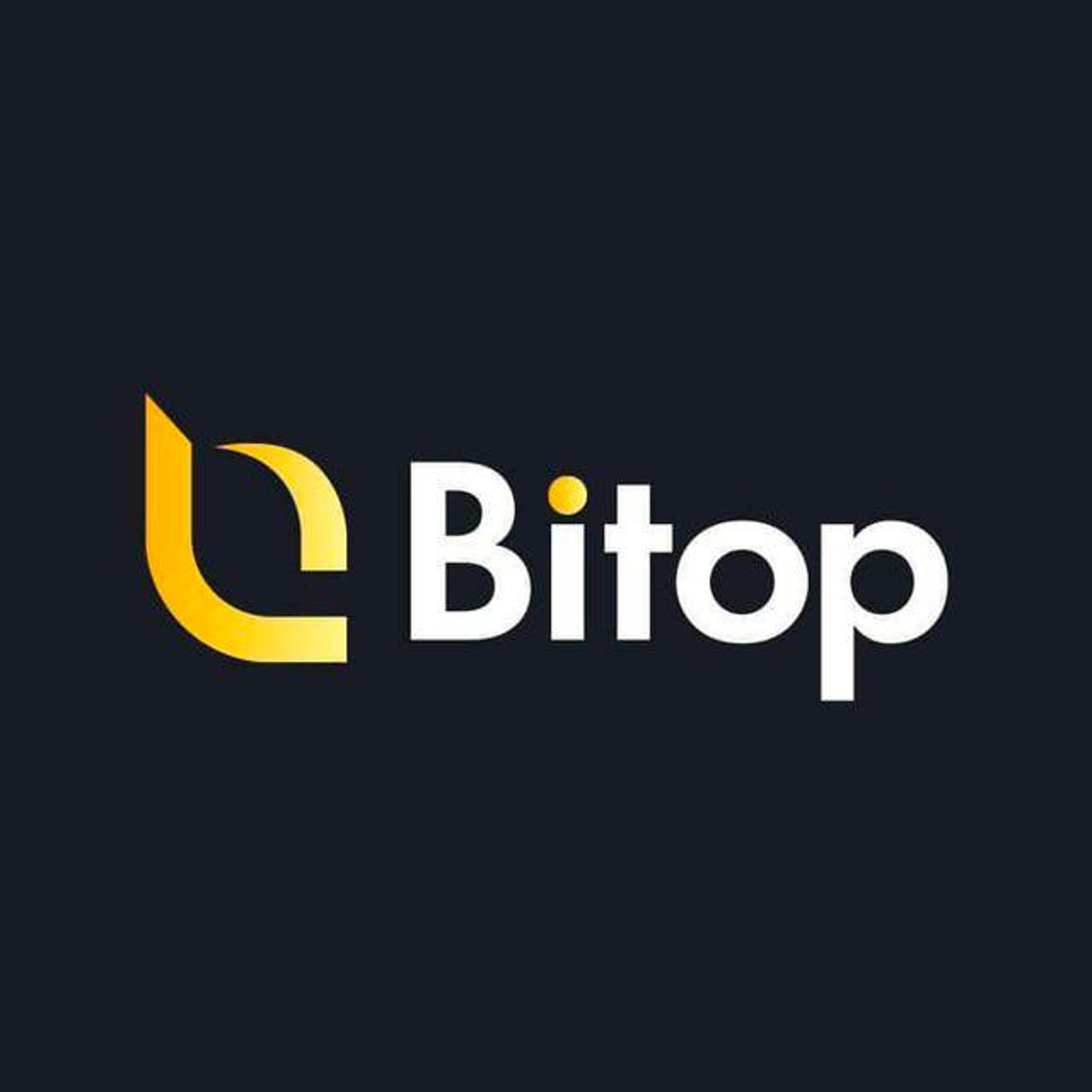
ACT
项目开始时间

2024年10月22日
关于
Background IntroductionThe provided URL leads to a webpage titled "Act I" on the Hypha section of the Cyborgism Wiki. Hypha appears to be a cryptocurrency or blockchain-related project, possibly with a focus on decentralized governance, DAOs (Decentralized Autonomous Organizations), or experimental digital economies. The "Act I" suggests this is the first phase or chapter of the project, indicating a narrative or phased approach to its development. The Cyborgism Wiki domain hints at a philosophical or ideological underpinning, likely exploring the intersection of technology, decentralization, and human-machine collaboration.Core Website ContentThe webpage "Act I" likely serves as an introductory or foundational document for the Hypha project. It may outline the project's vision, mission, and initial framework. Given the lack of direct access, we can infer it includes: 1) A manifesto or philosophical basis for the project, possibly tied to cyborgism or post-humanist ideas. 2) Technical specifications or whitepaper elements. 3) Governance models or community participation guidelines. 4) Roadmap or phase descriptions starting with Act I. The content is probably designed to onboard new participants and establish the project's theoretical and practical foundations.Technical FeaturesWhile specific technical details aren't visible, Hypha likely incorporates: 1) Blockchain infrastructure, possibly Ethereum-based given DAO trends. 2) Smart contract functionality for decentralized operations. 3) Token-based governance mechanisms. 4) Potential use of decentralized storage (IPFS or similar) for the wiki itself. 5) Modular design allowing for phased development ("Acts"). The project may emphasize upgradability and community-driven development, with Act I establishing the initial technical framework that subsequent phases will build upon.Token EconomicsThe token model (if applicable) probably serves multiple functions: 1) Governance - tokens as voting rights in DAO decisions. 2) Incentivization - rewarding contributors to the wiki or ecosystem. 3) Access - potentially gating certain features or levels of participation. 4) Economic experimentation - given the cyborgism context, the tokenomics may test novel economic theories. Distribution mechanisms might include airdrops, contributions rewards, or phased sales. The Act I document likely sets initial token parameters subject to future governance changes.Competitor ComparisonSimilar projects might include: 1) Other DAO platforms like Aragon or DAOstack. 2) Knowledge-sharing crypto projects like Gitcoin or Ocean Protocol. 3) Experimental economy projects like Radicle or SourceCred. Hypha differentiates by: 1) Strong philosophical underpinning (cyborgism). 2) Narrative structure ("Acts"). 3) Wiki-based knowledge management. 4) Potential focus on human-machine collaboration economics. Unlike purely technical DAOs, Hypha appears to blend technology, philosophy, and narrative in its approach.Risks and ChallengesKey challenges include: 1) Adoption - attracting sufficient participants to the ecosystem. 2) Technical - ensuring smart contract security and upgradability. 3) Governance - avoiding concentration or manipulation of token voting. 4) Sustainability - maintaining development momentum beyond initial phases. 5) Regulatory - potential scrutiny if tokens are deemed securities. The experimental nature increases both potential rewards and risks. Act I must establish robust mechanisms to address these challenges in subsequent phases.Industry FutureHypha aligns with several crypto trends: 1) Growth of DAOs and decentralized governance. 2) Exploration of new economic models. 3) Intersection of blockchain with knowledge management. 4) Narrative and community-driven projects. The project could contribute to: 1) New models for decentralized collaboration. 2) Frameworks for human-machine economic systems. 3) Evolution of wiki-style knowledge in Web3. Success depends on execution and ability to bridge philosophical concepts with practical blockchain applications.ConclusionHypha's Act I represents an ambitious attempt to merge blockchain technology, decentralized governance, and cyborgist philosophy. The project's wiki-based approach and narrative structure offer unique differentiation in the crowded DAO space. While the specific implementation details require further examination, the conceptual framework suggests potential for innovative contributions to decentralized organization models. The project's success will hinge on its ability to translate philosophical foundations into functional, sustainable systems across its planned phases. As with all experimental crypto projects, participants should approach with both optimism and appropriate caution regarding the inherent risks. 更多>

























































 看多
看多
 看空
看空